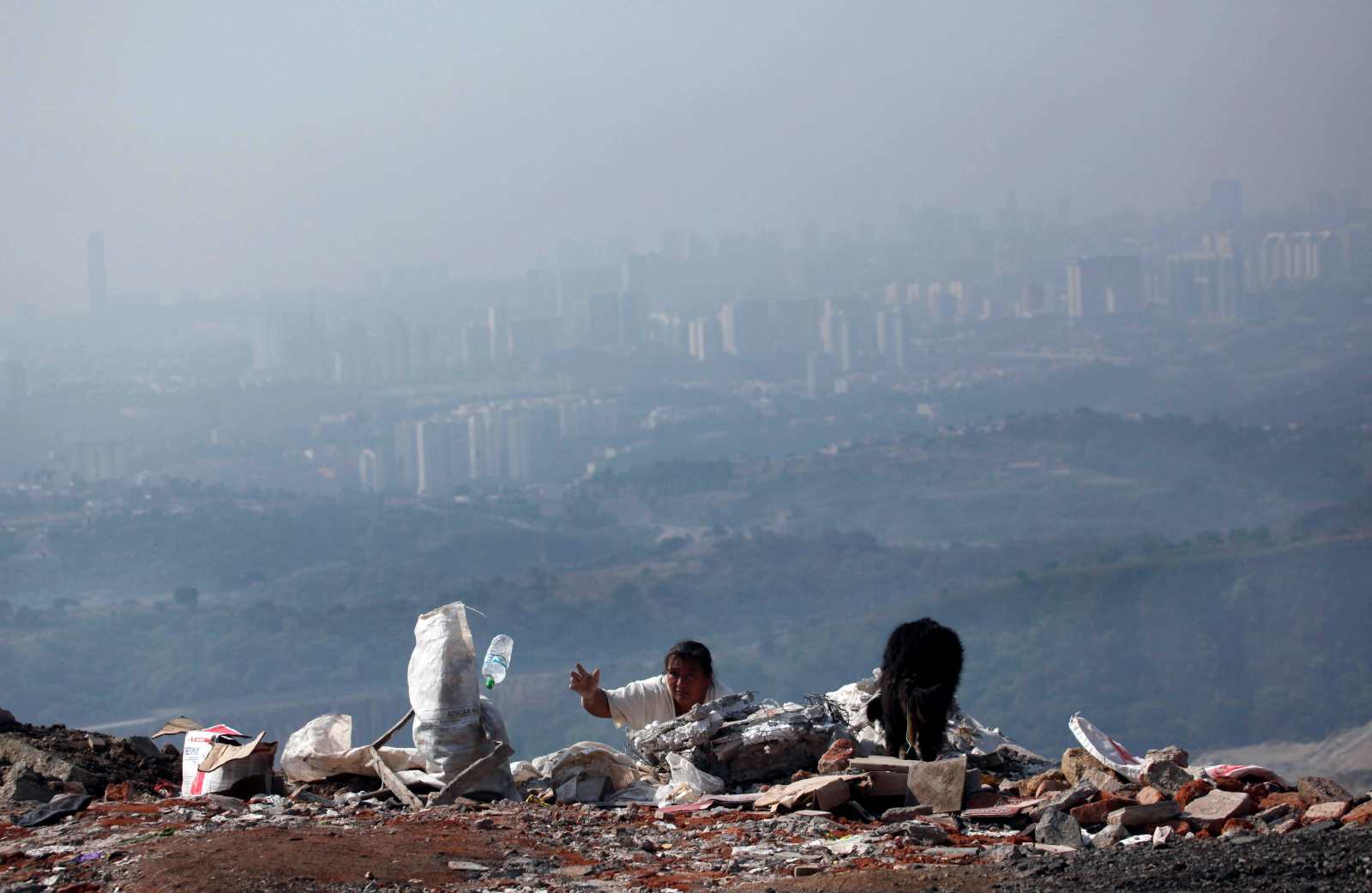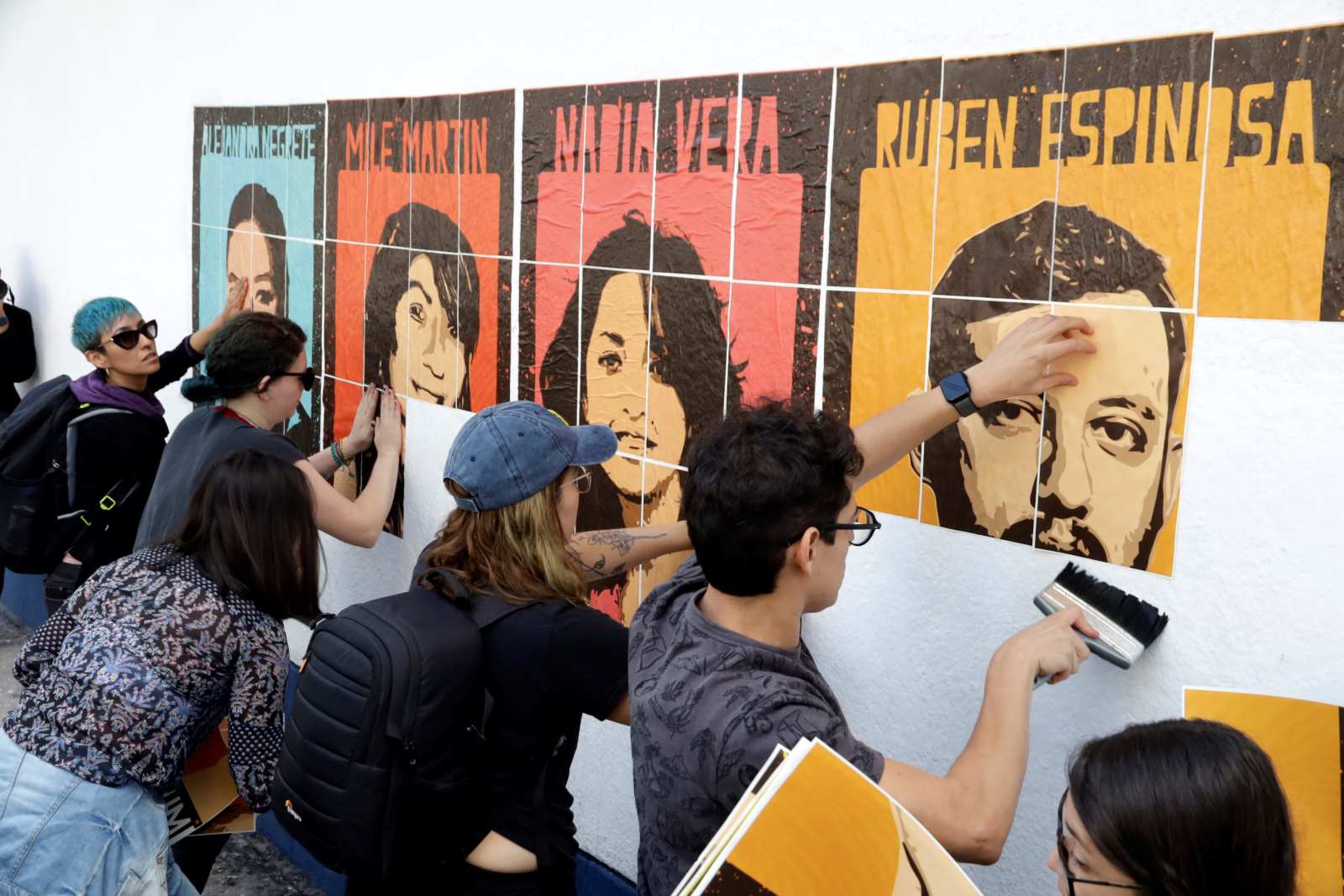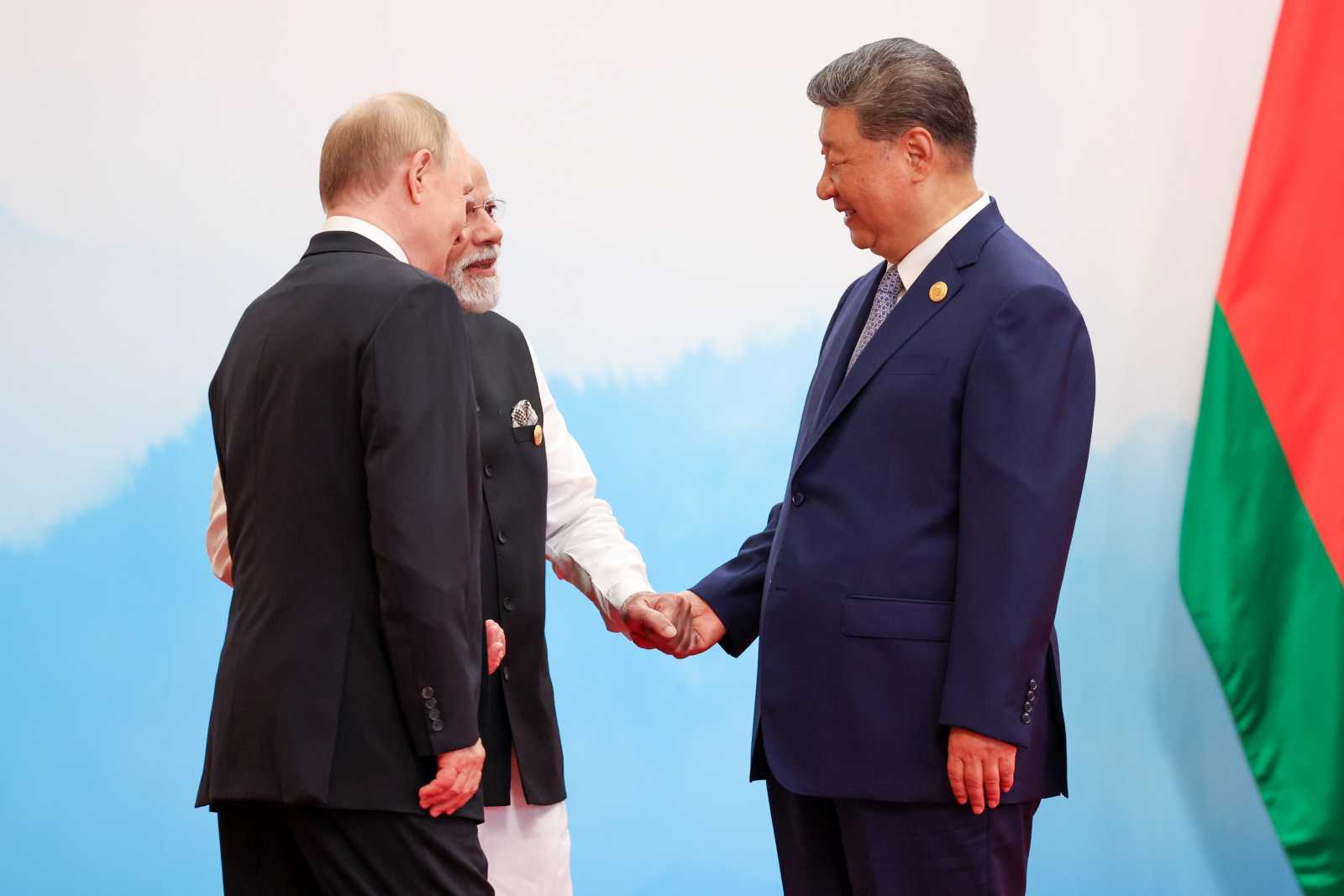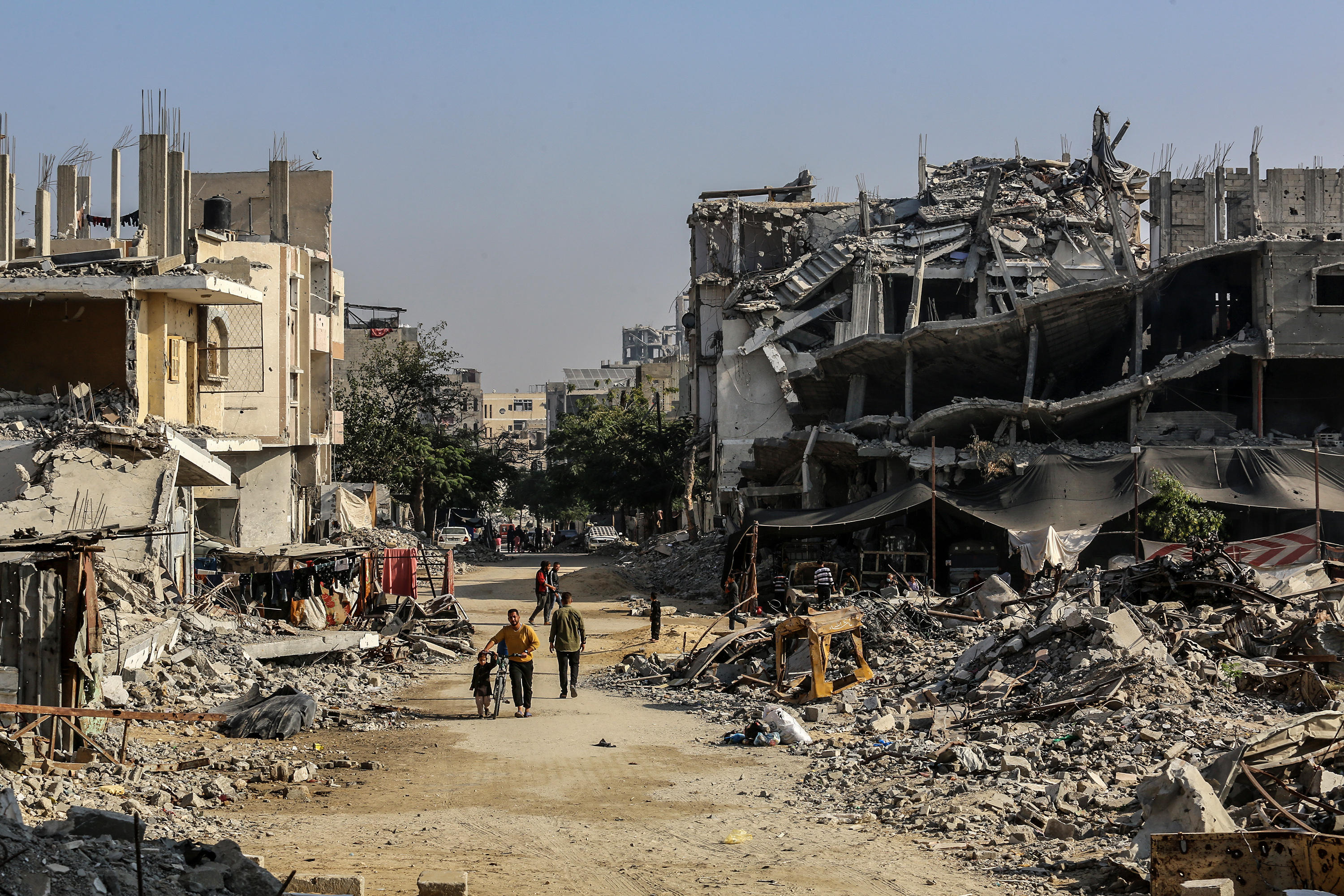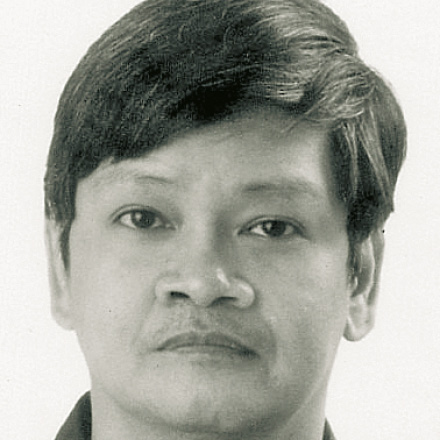Organised crime
Tackling cross-border crime
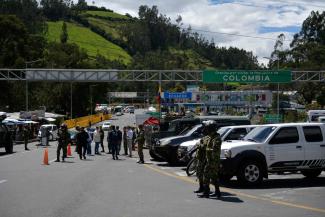
Organised crime exists all over the world. But it is particularly prevalent in Latin America and has long been one of the region’s biggest problems. This is clearly indicated by the widespread violence: although Latin America is home to only nine percent of the world population, it accounts for a third of the world’s murders.
Organised crime involves criminal organisations or networks that generally deal in drugs and arms or engage in human trafficking. They have sophisticated hierarchical structures and generate large amounts of money. These criminal networks are not new in Latin America. What is particularly worrying at present, however, is that they are evidently able to destabilise governments – for example, in an otherwise stable country like Ecuador. The violence there escalated to such a degree in early January this year that President Daniel Noboa described it as an “internal armed conflict” and declared a state of emergency.
Criminal networks are also expanding across national borders and becoming genuine transnational organisations. One example is the Tren de Aragua, the largest and most powerful criminal gang in Venezuela, which evolved from a group of prison inmates. It is also active in Brazil, Colombia, Ecuador, Peru and Chile and is involved in drug trafficking, kidnapping, contract killing, human trafficking and sexual exploitation.
The world’s biggest cocaine producers
The countries of Latin America are unfortunately all too present in the “Global Organized Crime Index 2023” published by the civil-society organisation Global Initiative Against Transnational Organized Crime. Colombia ranks second in the world, followed by Mexico (3rd), Paraguay (4th), Ecuador (11th), Honduras (13th), Panama (17th) and Brazil (22nd). One of the main reasons for this is drug trafficking. Colombia, Bolivia and Peru are still the world’s largest cocaine producers and, according to the UN, the Chilean port of San Antonio is a major transshipment point for cocaine in the southern hemisphere. Ecuador is the fourth most unsafe country in the Americas, primarily because it has developed from a drug-transit country to a transshipment centre in just a few years. The Catholic University of Chile currently rates “insecurity, organised crime and drug trafficking” as the greatest political risks for Latin America, greater even than the increase in corruption and dissatisfaction with democracy.
The grievances that provide fertile ground for crime and violence have been present for a long time. According to the UN Economic Commission for Latin America and the Caribbean (ECLAC), they include poverty, inequality and lack of prospects; high levels of impunity and weak rule of law as well as firearms possession and alcohol consumption. The weakness of public institutions is also one of the biggest obstacles in the fight against organised crime.
A task for the entire continent
To put a stop to transnational crime, countries need to work together across borders, and not just in Latin America. In January, an encouraging signal was sent out by the Andean Community nations – Bolivia, Colombia, Ecuador and Peru. In response to the events in Ecuador, they committed, among other things, to conducting coordinated police and military operations along their shared borders. The message is that supranational problems require coordinated solutions that transcend national boundaries.
However, the fight against organised crime calls for far more than just a systematic crackdown by authorities. It is equally important to strengthen democratic institutions and carry out prevention work, for example through civil-society social programmes. This is a fight that the countries and citizens of Latin America can only win together.
Javier A. Cisterna Figueroa is a journalist based in Concepción, Chile.
cisternafigueroa@gmail.com

